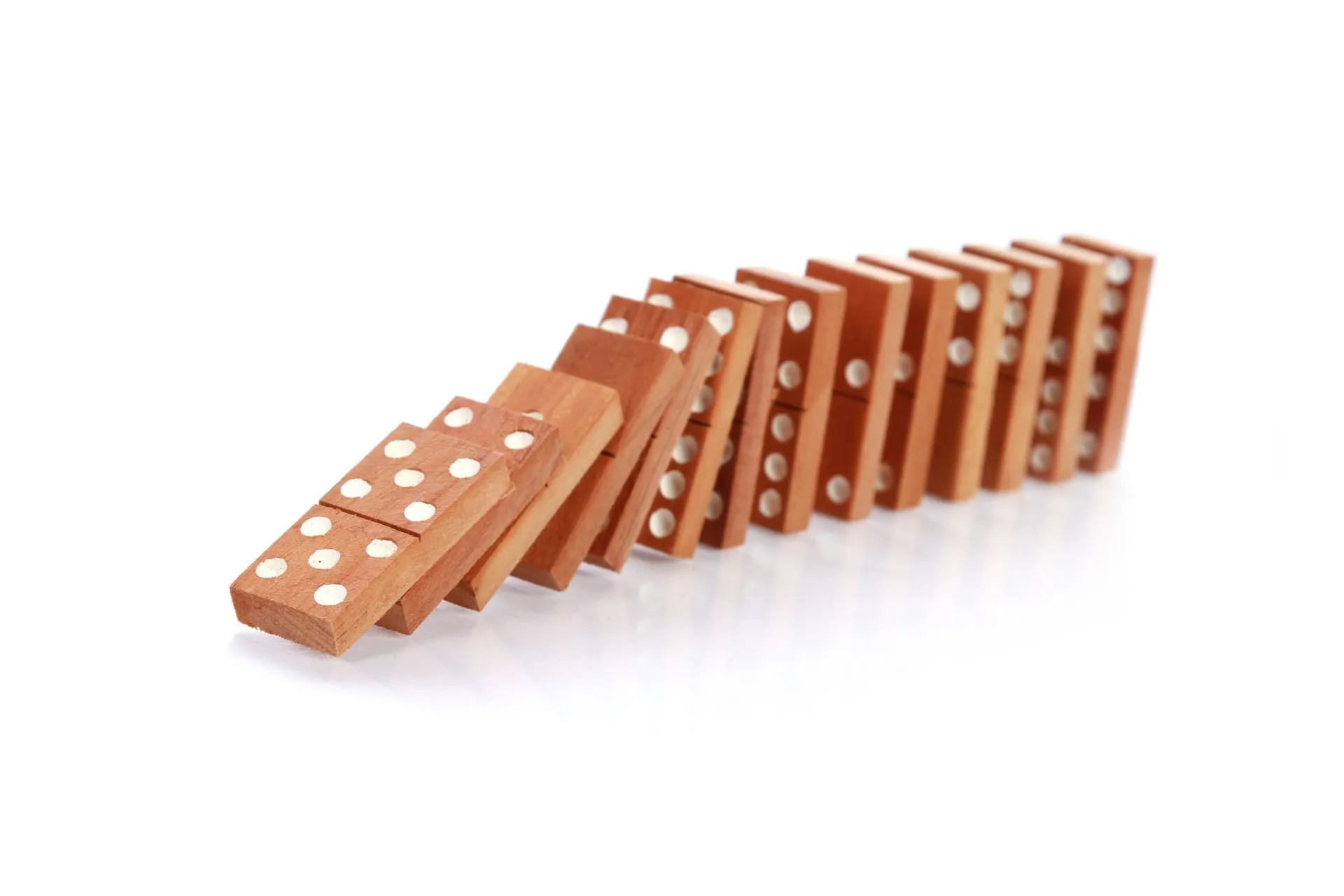The shift in scene from Joseph to Judah in 37:36–38:1—leaving Joseph just as he is sold into slavery in Egypt—builds suspense, but it also invites a contrast between these two characters, addressed more fully in some subsequent Bible studies. The narrator selects for examination some key points—especially Joseph resisting sexual sin and Judah succumbing to it—out of many years that transpire in this passage.
Gen 38 transpires over a period of enough years for Judah to have three sons, the third to become old enough to marry, and Tamar to become obviously pregnant afterward. The timeline fits the Joseph story well: more than twenty years intervene between Joseph being sold into slavery and Joseph’s brothers travelling to Egypt due to the famine (37:2; 41:46–47, 53–54).
During this time Judah, who was party to his father losing a son, loses a wife and two sons. Judah, who did evil, had a firstborn son who was evil in God’s sight (38:7); Judah, who sold his own brother for silver (37:27–28), had a son so greedy that to increase his own inheritance he refused to provide his deceased elder brother’s household an heir (38:8–10). And while Judah as a widower was unwilling to remain celibate (38:12, 15), he expected celibacy of his young daughter-in-law (38:24), whose childbearing years were being squandered (38:11, 14). Sadly, Tamar also knew enough about Judah’s character to have confidence that, if Judah thought that a prostitute was available, he would want to sleep with her (38:14–16).
The narrator selects for examination some key points—especially Joseph resisting sexual sin and Judah succumbing to it—out of many years that transpire in this passage.
I have recounted the morals of Gen 38 more fully in another post (http://www.craigkeener.com/judahs-punishment-in-genesis-38/), so here I merely offer some observations not provided there. For example, because two sons that Judah gave to Tamar died, he fears that his third son might also die by her, perhaps by a curse (38:11). Yet the next verse narrates that Judah’s own spouse died (38:12); but Judah inconsistently does not attribute this death to himself. (In fact, in neither case was it the spouse’s fault. The narrator attributes both sons’ deaths to their own sin; although Genesis does not tie their sin directly to Judah’s immoral example or judgment on him, those appear likelier options in this context than anything wrong with Tamar. Meanwhile, Judah’s own wife’s early death might have been hastened by grief over the death of her first two sons.)
Like his father Jacob sleeping with Leah yet thinking she was Rachel, Judah is deceived; but then, we are not inclined to feel much sympathy for Judah as a character at this point. As Jacob had deceived his father Isaac about his identity, so had Judah, for much more treacherous reasons, helped deceive his father Jacob about his brother Joseph. And whereas Jacob paid a hefty brideprice of seven years’ labour to sleep with his wife, Judah here sleeps with a someone whom he supposes to be prostitute. (The offence would be even worse from the perspective of the story’s usual later Israelite audience. Judah and his friend envisioned her not just as any prostitute but as a cultic prostitute devoted to a deity, the Hebrew term used in 38:21–22, something prohibited among later Israelites; see Deut 23:17; Hos 4:14.)
Context offers further commentary on Judah’s immorality. Jacob’s sons slaughtered the Shechemites because the Shechemite prince raped their sister, but although Jacob’s sons did not go so far as to rape (at least not explicitly; cf. 34:29), they also acted immorally, Reuben sleeping with his father’s wife (35:22) and Judah sleeping here with his son’s wife. Although Judah does not recognise her identity, he would not have committed this offence had he not slept with someone whom he supposed to be a prostitute. Judah knows that such treatment of a woman is wrong; this is how Judah’s brothers complained that Shechem had treated their sister (34:31). (In addition to her being veiled and the intercourse perhaps occurring inside a dark tent, it is possible that Judah was drunk, since he had come for sheep-shearing [38:13], sometimes a time of gaiety and drinking; cf. 1 Sam 25:2, 8, 36.)
The narrative depicts Judah’s sexual behaviour here as reprehensible, just as it depicts his act of selling his brother into slavery. But a lifestyle of sin catches up with someone, and Judah is about to be confronted with his own.





